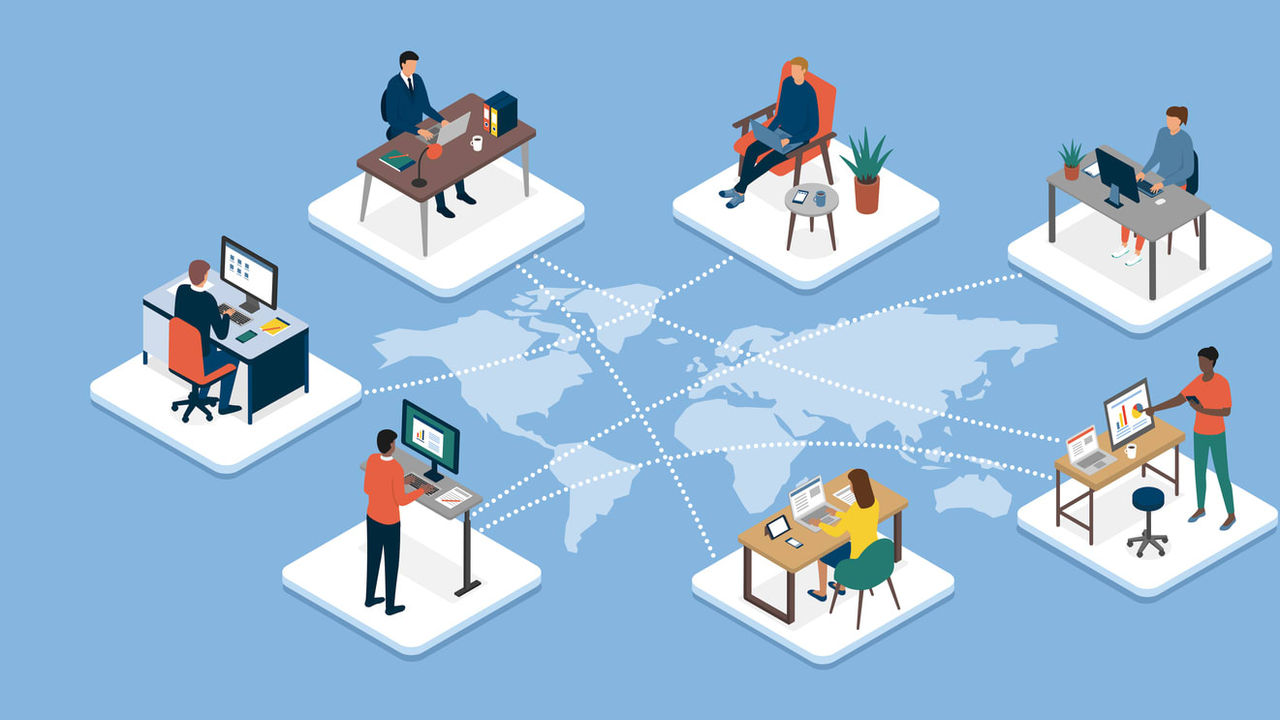SHRM, in partnership with the U.S. Chamber of Commerce Foundation and other leading stakeholders, has launched an interactive learning and employment records (LERs) map that can aid employers, HR departments and workers.
LERs are data-driven, digital records that capture all the skills individuals possess—whether acquired through education, workforce training or life experiences—and support skills-based recruitment and upskilling by capturing data at the skill level, SHRM noted.
The LER Ecosystem Map, which went live Sept. 18 and is open to all employers and workers, is designed to help individuals access career opportunities and help employers hire and promote talent based on skills and experience.
"Evolving talent management strategies for workplace demands, increasing career pathway access and expanding equitable learning is critical," said Wendi Safstrom, president of the SHRM Foundation. "Tools like the interactive LER Ecosystem Map will help HR departments source and recruit individuals to meet the needs of the skills-based economy."
With funding from Walmart, the steering committee of stakeholders developed the digital LER Ecosystem Map, which is expected to make it easier for stakeholders to work together and create more career pathways for individuals across the U.S.
It also will help accelerate the equitable adoption of digital records to establish a more equal playing field where all individuals can access quality education and training, as well as quality jobs.
Innovative solutions that address current workforce challenges and tools that expand opportunities for everyone in the future are needed now, when there are still 4 million open jobs in the U.S., said Cheryl Oldham, U.S. Chamber of Commerce Foundation senior vice president, in the announcement.
"Not only do we need to give employers the ability to better articulate what skills they need to find the right talent, we need to empower learners and workers with the ability to show what they know and can do," Oldham said. "This LER Ecosystem Map will help us do that."
The Competency-Based Education Network is among the stakeholders involved with developing the map. Charla Long is the network's president.
"Today's skills-based economy requires a new approach to how we design, experience and measure learning over a lifetime—and LERs are an important tool to empower workers and provide employers crucial data," Long said. "The LER Ecosystem Map is a groundbreaking resource for the states, employers, institutions and agencies who are creating new skill- and competency-based systems across the country."
Other stakeholders are the American Association of Collegiate Registrars and Admissions Officers, the Digital Credentials Consortium (DCC), Digital Promise, Innovation Network, Jobs for the Future, the National Association of Workforce Boards, the National Governors Association, and the T3 Innovation Network.
"Equally important as the map itself is the fact that developing it has catalyzed the collaborative work of a group of organizations that are each a leader in aspects of the ecosystem," said Krishna Rajagopal, physics professor at the Massachusetts Institute of Technology and chair of the DCC's Leadership Council. "Collaborations along these lines will greatly accelerate the adoption of LERs in the future."
An organization run by AI is not a futuristic concept. Such technology is already a part of many workplaces and will continue to shape the labor market and HR. Here's how employers and employees can successfully manage generative AI and other AI-powered systems.




